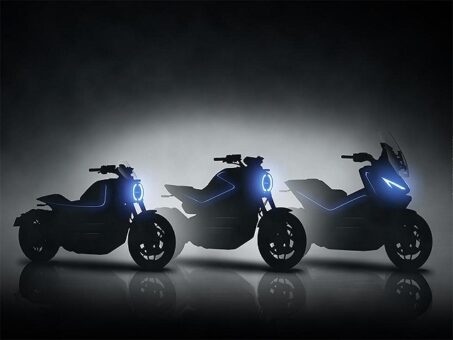Pakistan’s electric vehicle (EV) transition, long seen as a cornerstone of the country’s green mobility vision, may be heading toward a credibility crisis.
The Pakistan Automotive Manufacturers Association (PAMA) has sounded the alarm over the growing use of low-quality batteries disguised as advanced technology, warning that this practice could derail the nation’s electric future before it fully begins.
PAMA Director General Abdul Waheed Khan highlighted a troubling trend in Pakistan’s EV market, particularly within the electric two-wheeler segment.
“Over 90 percent of electric bikes being sold in the country are fitted with lead-acid batteries that merely have a graphene coating. These are being falsely marketed as advanced batteries,” he revealed. “It’s nothing but a hoax.”
According to PAMA Director, this issue goes beyond technical specifications—it’s about trust. Consumers are already paying a significant amount out of pocket for electric vehicles despite government subsidies, yet many are unknowingly receiving inferior technology.
“If people invest their hard-earned money in EVs that fail prematurely, they will never return to this market,” he warned. “This could undo years of progress in promoting clean mobility.”
The stakes are particularly high as Pakistan rolls out its Pakistan Accelerated Vehicle Electrification (PAVE) Programme 2025–30, a landmark policy designed to fast-track EV adoption.
The government plans to offer Rs. 122 billion in subsidies, funded through a 3 percent NEV levy on conventional vehicles.
However, only EVs powered by lithium-ion or other advanced battery technologies will qualify for these incentives—an intentional move to ensure quality and reliability.
Industry experts believe this condition is both a safeguard and an opportunity. If enforced strictly, it could eliminate substandard players and encourage genuine innovation.
However, weak implementation could lead to widespread consumer disappointment and a loss of confidence in EV technology.
Khan’s statement serves as a wake-up call for policymakers and manufacturers alike. Pakistan’s journey toward sustainable mobility cannot rely on shortcuts or misleading claims.
To truly electrify the future, the industry must focus on safety, battery innovation, and transparency—values that inspire trust rather than erode it.
As the PAVE programme gains momentum, the question remains: will Pakistan’s EV market evolve into a reliable green revolution—or collapse under the weight of compromised technology?
